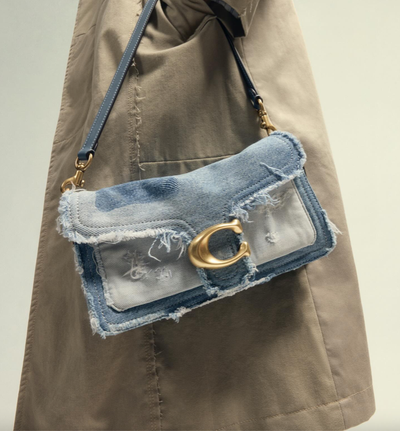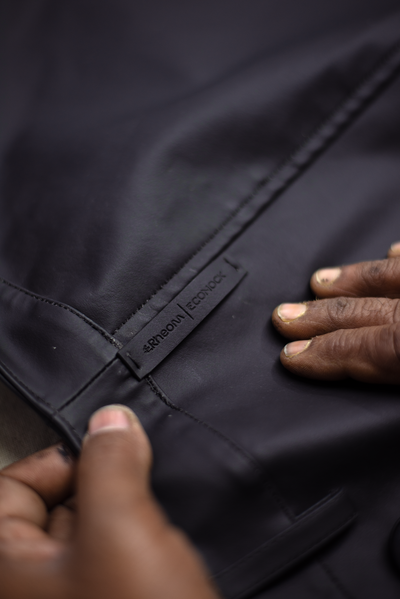Japanese sportswear brand Asics has announced that it has stopped sourcing kangaroo skins for its athletic footwear. The decision follows closely behind German rival Adidas, which recently confirmed it had ceased using kangaroo leather in its football boots.
Asics communicated its decision in an email to the Animal Wellness Action and the Center for a Humane Economy. The company stated: “We would like to share with you that, as we have successfully developed high-performance alternatives to kangaroo leather, we are moving toward ending the production of products using kangaroo leather by the end of 2025.”
The move places Asics alongside other major sportswear brands—Puma, Nike, and New Balance—that have also eliminated the use of kangaroo leather. These decisions are seen as part of a broader industry trend driven by animal welfare concerns and advances in alternative materials.
Wayne Pacelle, president of the Center for a Humane Economy, welcomed the announcement, saying in a statement: “With the rapid-fire announcements from Asics and Adidas, we’re witnessing the dismantling of a supply chain built on bloodshed and the orphaning of kangaroo joeys. The foreign markets for kangaroo skins are collapsing, and that can only mean good news for the iconic marsupials of Australia.”
Jennifer Skiff, director of international programmes at the Center and lead of its Kangaroos Are Not Shoes campaign, also praised the development: “Asics has acknowledged a fundamental truth: the commercial slaughter of wild kangaroos for their skins is neither ethical nor morally defensible. Asics’s innovative materials outperform kangaroo leather, removing any justification for continuing this inhumane trade.”
According to the Center for a Humane Economy, up to 2 million kangaroos are killed annually in Australia, often at night, with joeys left orphaned or killed through blunt force. Since 2020, the organisation’s campaign has used investigations, litigation, protests, and global partnerships to expose the cruelty of the trade. The annual kill rate has since fallen to 1.3 million and continues to decline as more companies adopt humane policies.
Following Asics’s decision, pressure is mounting on Mizuno, the last major athletic brand still using kangaroo leather. “Asics is setting an ethical standard that other Japanese companies should follow. I hope Mizuno will be next,” said Victoria Garafola, the Center’s representative in Japan.
Meanwhile, Animal Wellness Action continues to advocate for the Kangaroo Protection Act in the United States—a proposed federal ban on the import and sale of products made from kangaroo parts.






